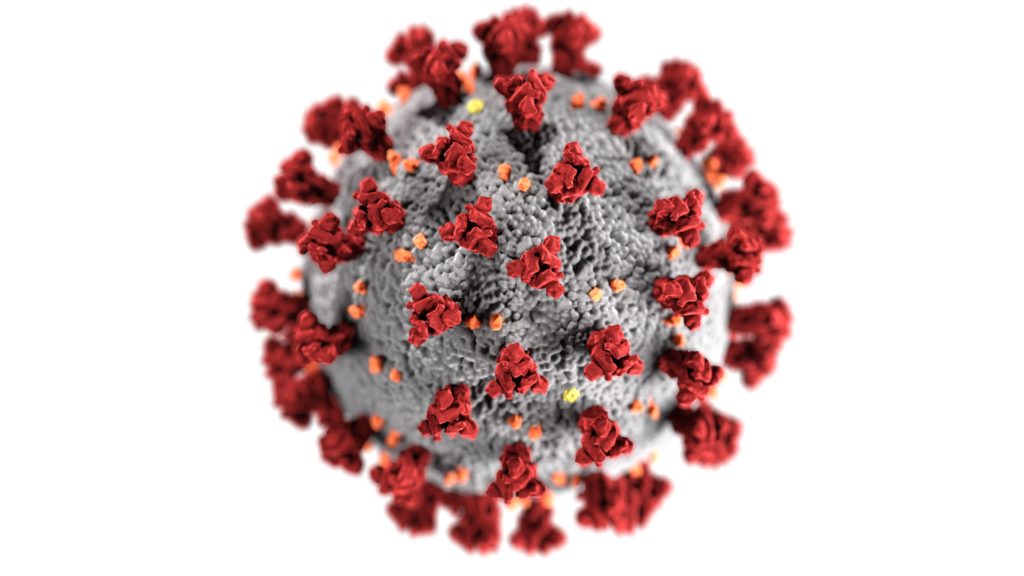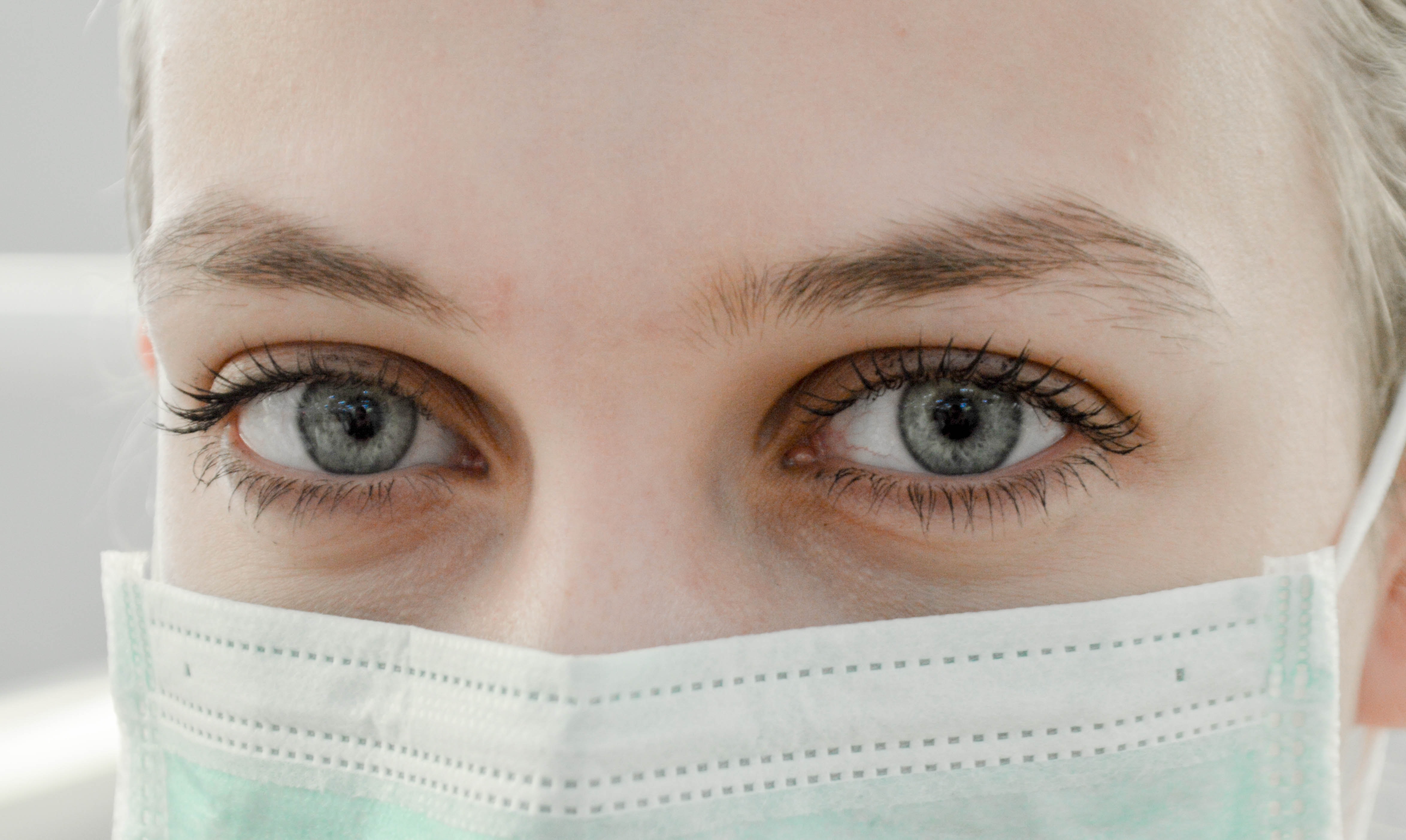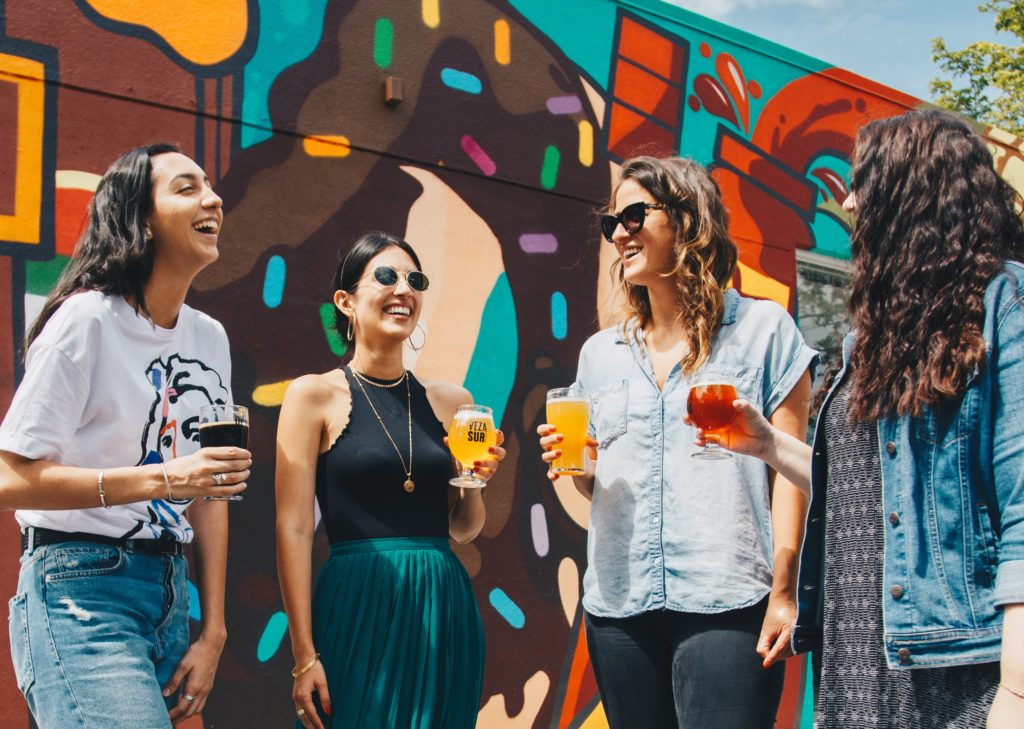Almost two years on from the beginning of the pandemic, life is returning to normal – at least on paper. England has lifted all legal restrictions relating to Covid and Scotland and Ireland are following, albeit more slowly. It should be a time for celebration. As someone whose life has been extremely restricted for the last two years, these increased freedoms should come as a welcome respite. However, the news fills me with equal quantities of exhilaration and dread.

Desiring to be normal – needing to be safe
Though I welcome the freedoms and societal benefits that will accrue from a more open approach to business and life in general, I am left at something of a loss as to what those of us with underlying health issues are supposed to do. And it all rests on the rather rash suggestion that those testing positive are not required to self-isolate but only advised to do so. The Government clearly has a rather more optimistic view of the public’s sense of civic responsibility than I do – especially when that same Government was unable to discipline itself sufficiently to obey legally binding lock-down rules.
Further, by removing assistance from low income families should they test positive, the Government is de facto expecting infected, low wage workers to return to work and no doubt infect their colleagues. Do these individuals not count? Those in poorly paid employment seldom have the option of working from home that their middle class peers do, so this decision seems divisive in extreme. Add to this the removal of free testing and you have a formula for yet another spike in cases.
The poor, the disabled and the vulnerable, it seems, are expected to take their chances. We can either go back into isolation or risk serious illness. Do we go with the sunk cost theory -I’ve spent two years in isolation and that’s enough- and head out or do we continue until such a time as it seems only a minor risk? This is my conundrum this week and I am tired of constantly assessing the odds.

Who is vulnerable?
The obvious answer to this question is the old, the chronically ill and those at risk from infection. But I would argue that it goes far beyond that. We can be vulnerable economically too. When I was speaking to my hairdresser this week, I asked her opinion on the new policy and whether they would continue to ask customers to wear masks. She said, ‘Yes. We are all self-employed. And if we get sick, we lose two weeks’ pay.’ So far, her customers have all been more than amenable, but I hope that this will continue into the future.
Mental health over physical health
Anxiety arising from the risk of infection has not been the only issue these last couple of years. Anxiety on re-entering society after a prolonged period of isolation is equally impactful. There is a reason that the harshest punishment given to prisoners is a spell in solitary. It has the unfortunate effect of driving you crazy.

Getting Hermione has been a life-saver on this front. Every day, I must go out to the park for her to exercise (and often twice). Here I meet friendly faces, have social interactions, and keep up my driving skills. In wide open spaces, there are no risks involved, so I get to enjoy a social life in absolute safety. During lock-down, I had my husband’s company and plenty of communication with friends via social media. But, my life-style is not usual and I feel very concerned for those who, having sacrificed their freedoms for so long, are not going to feel safe going out even now. Many, many healthy people have suffered mentally as a consequence of the pandemic. I cannot imagine how much worse this will be for those already struggling with fragile health.
Stepping out
With the Office of National Statistics estimating that one in twenty people have Covid at the moment, I shan’t be heading to any busy social venues soon. I shall, however, be increasing my trips to the shops and less densely populated areas. In a few weeks, as the worst part of the flu season comes to an end, I plan to resume visiting friends at home. Trips to cafes and restaurants will probably continue to be outside for a little longer.
In the end, it will be an act of faith. For any kind of normal life to happen for the vulnerable, we rely on the good sense and consideration of the healthy. The law may not require you to self-isolate when testing positive; the law may not require you to wear masks and no one will force you to stay at home if you feel unwell. However, such small sacrifices will open the world to freedoms that we have missed for far too long.
